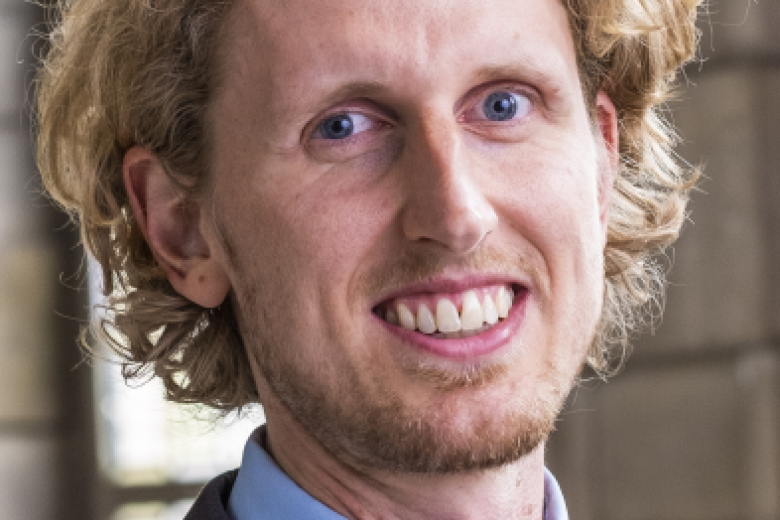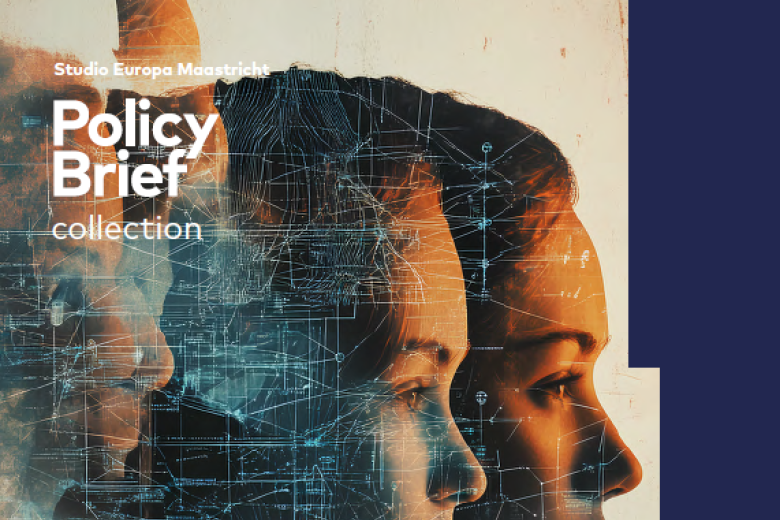Disinformation & Democracy sector plan
Starting in 2022, the Dutch government has been investing in sector plans, which are collaborative initiatives for higher education and science. In the Disinformation & Democracy sector plan, researchers from the Faculty of Arts and Social Sciences, the Faculty of Law, the Faculty of Psychology and Neuroscience, and the School of Business and Economics work together.
Our research collectively examines the complex relationships between democracy, citizenship, and digitization, exploring these through the lens of misinformation and disinformation. A critical aspect of this work involves understanding the dynamics of misinformation and disinformation, not only in terms of its inaccuracy but also its timing and the cognitive biases that amplify its spread.
We explore how economic and social disparities shape political behaviour, heightening susceptibility to populist narratives, while also considering how disinformation disproportionately impacts already marginalized groups. Additionally, we examine the link between digitization and mental health, including how the spread of disinformation via digital platforms affects personal wellbeing.
Our interdisciplinary approach draws from economics, political economy, psychology, law, history, and technology studies, examining how disinformation interacts with digital media, legal frameworks, and emerging technologies like AI. Ultimately, our aim is to develop strategies that enhance democratic resilience by mitigating the effects of misinformation, fostering greater personal wellbeing and civic engagement, and promoting more informed, effective democratic processes.
Michele Fenzl (Faculty of Arts and Social Sciences)
“My research bridges the fields of (comparative) political economy and political behaviour. Specifically, I am interested in better understanding the consequences of rising economic and social inequalities for the way in which our democracies work. To this end, I explore why citizens in unequal democracies seem to be disengaging from traditional forms of political participation."

Valentina Golunova (Faculty of Law)
"In my research, I focus on examining legal and policy responses to disinformation through the lens of the rule of law and fundamental rights. I investigate whether the measures introduced by the EU’s landmark legislation, including the Digital Services Act, the AI Act and the European Media Freedom Act, are adequate for safeguarding information integrity and enhancing democratic resilience. In conducting this critical analysis, I pay particular attention to understudied phenomena that threaten civic processes, such as gendered disinformation."

Nino Gugushvili (Faculty of Psychology and Neuroscience)
"My research integrates the fields of psychology, communication, and human-computer interaction (HCI) to examine how users navigate the digital world, with a particular focus on online toxicity that undermines democracies, including misinformation, disinformation, misleading information, and affective polarization. I investigate ways to understand and mitigate these risks by leveraging existing resources or developing new skills, such as media and digital literacy."
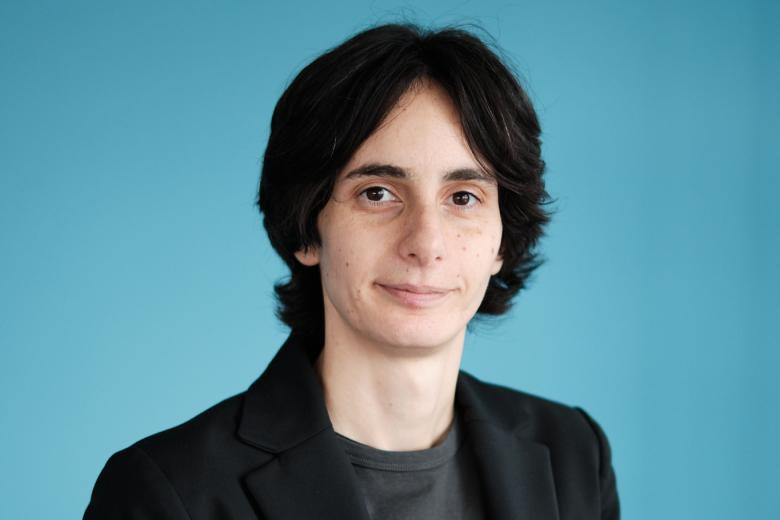
Marta Maroni (Faculty of Law)
"My research lies at the intersection of law, technology, and society and examines the role of law in enabling or constraining forms of power within internet technologies (broadly understood). As a constitutional scholar, I investigate the extent to which internet technologies and their underlying political economy reshape our constitutional order. Conversely, I am also interested in how the vocabulary of constitutionalism is used to legitimize forms of corporate power."

Giulia Piccillo (School of Business and Economics)
"My research examines how uncertainty influences belief formation and the spread of disinformation, with implications for democratic resilience. Integrating insights from economics, psychology, and data science, I investigate cognitive mechanisms - such as economic preferences and illusory pattern perception - that make individuals susceptible to misinformation and politically framed fake news. My work also explores how these biases interact with digital information flows, shaping public discourse and polarization."
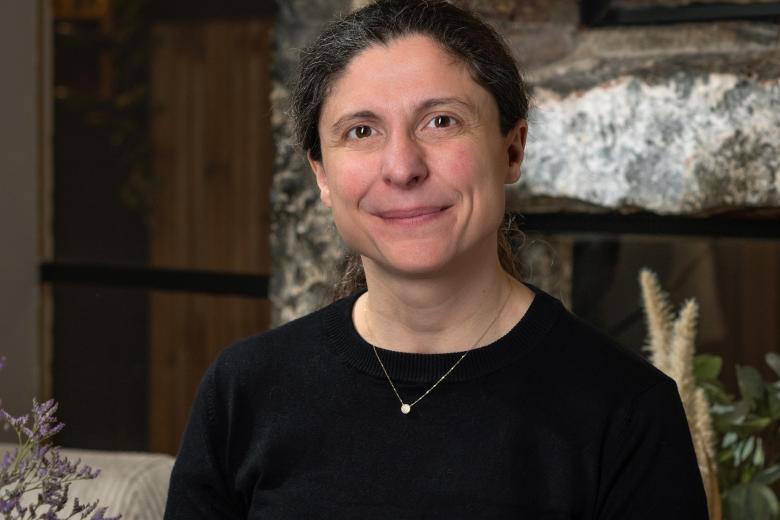
Julia Schnepf (Faculty of Psychology and Neuroscience)
"My research examines how biased portrayals of gender-based violence - alongside the instrumentalization of AI - shape public perceptions, contribute to the minimization of violence, and fuel victim-blaming tendencies. I explore how misleading information about stalking and femicide victims impacts empathy and judgment among the public, as well as future law professionals and police officers. Additionally, I investigate how gendered disinformation contributes to growing polarization around gender policies in Europe."
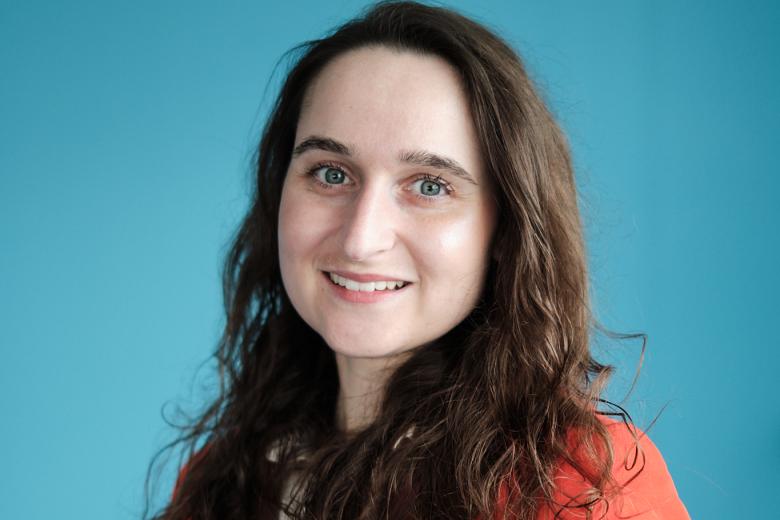
Betto van Waarden (Faculty of Arts and Social Sciences)
“Debates on disinformation generally focus on distinguishing fact from falsehood. However, democracy depends not only on the accuracy of information, but also on its timing in the political process – and this timing in turn influences the accuracy of information. Information may be truthful, yet reach citizens and their democratic representatives too early or too late. My research thus looks at the role of time in media and politics."
